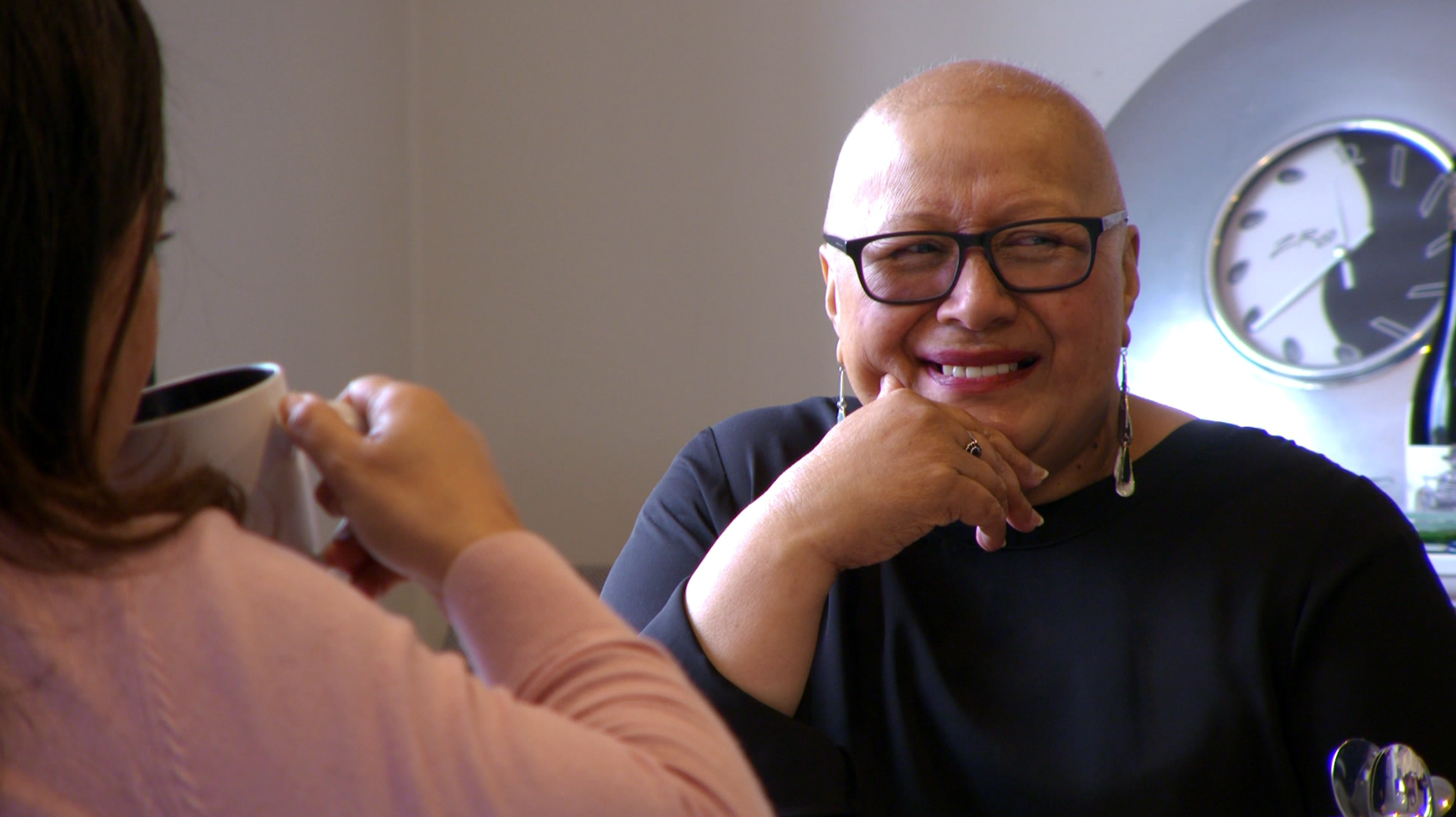GPs say a recent increase in Government funding for primary healthcare providers isn’t enough as they struggle under the strain of increased workloads and rising costs.
In recent negotiations which ended last month, DHBs and the Ministry of Health gave GPs and primary healthcare providers a 3% increase in their capitation funding.
Practices are paid a fixed sum based on the number of patients that are enrolled with a Primary Health Organisation (PHO) in their particular area. Doctors are then able to charge an additional co-payment charge.
South Auckland GP Dr Api Talemaitoga is the chairman of the Pasifika GP Network and said doctors in Counties Manukau were already under pressure and facing burnout and the latest increase in funding doesn’t go far enough.
“It’s less than half the rate of inflation. And that’s on top of several years of minor increases. They are way behind the eight ball on this and something has to give,” he said.
“We must be able to find a way that’s fairer for the patients and the doctors and healthcare providers that carry the burden.”
Talemaitoga said in south Auckland a lot of suburbs were growing faster than the numbers of GPs they had to serve them and many have had to shut their books to new patients to cope.
Royal New Zealand College of General Practitioners medical director Dr Bryan Betty shared Talemaitoga’s concerns.
He said the increase in funding for GPs wasn’t enough for doctors operating in high needs areas like South Auckland.
Betty said the Ministry of Health’s funding model has never adequately addressed the shortfalls primary healthcare providers face.
“And as a result of that equity in the health system has worsened over time,” he said. “There’s now a real issue around the sustainability of general practice.”
Betty said many GPs relied on co-payments to operate because the capitation funding they received wasn’t enough to fund their operations.
“But a lot of our patients can’t afford to pay them,” he said.
He said as a result of rising costs many GPs were no longer taking on new patients, which was adding to the pressure on hospital emergency departments in areas like south Auckland.
Health Minister Andrew Little acknowledged the existing funding model for GPs needed to be looked at and said a review of it was currently underway.
But he defended this year’s 3% increase in capitation funding for GPs.
Little said there’s an obvious need for more doctors in general practice, which was part of the wider workforce shortages in the healthcare system.
“We know one of the reasons people are turning up to emergency departments is because they can’t get access to a GP,” Little said.
“I know a lot of doctors are currently working long hours and they are managing their practices as best as they can. But we can’t just carry on doing what we’re doing and we do need to change the way we are doing things in health.”
He said the Government included an additional $86m in this year’s Budget for GPs with high needs patients, but he said a funding formula was still being finalised.











